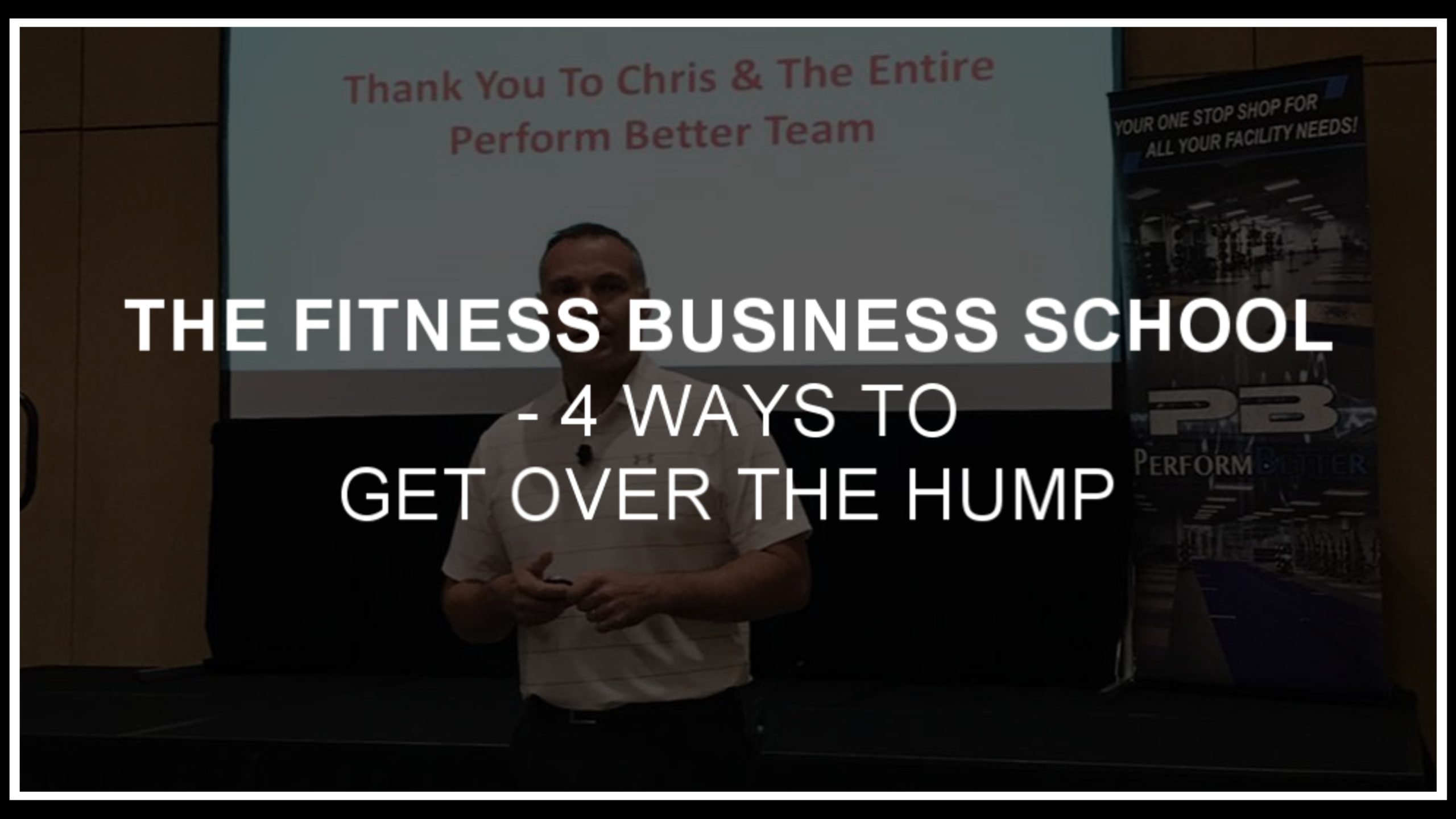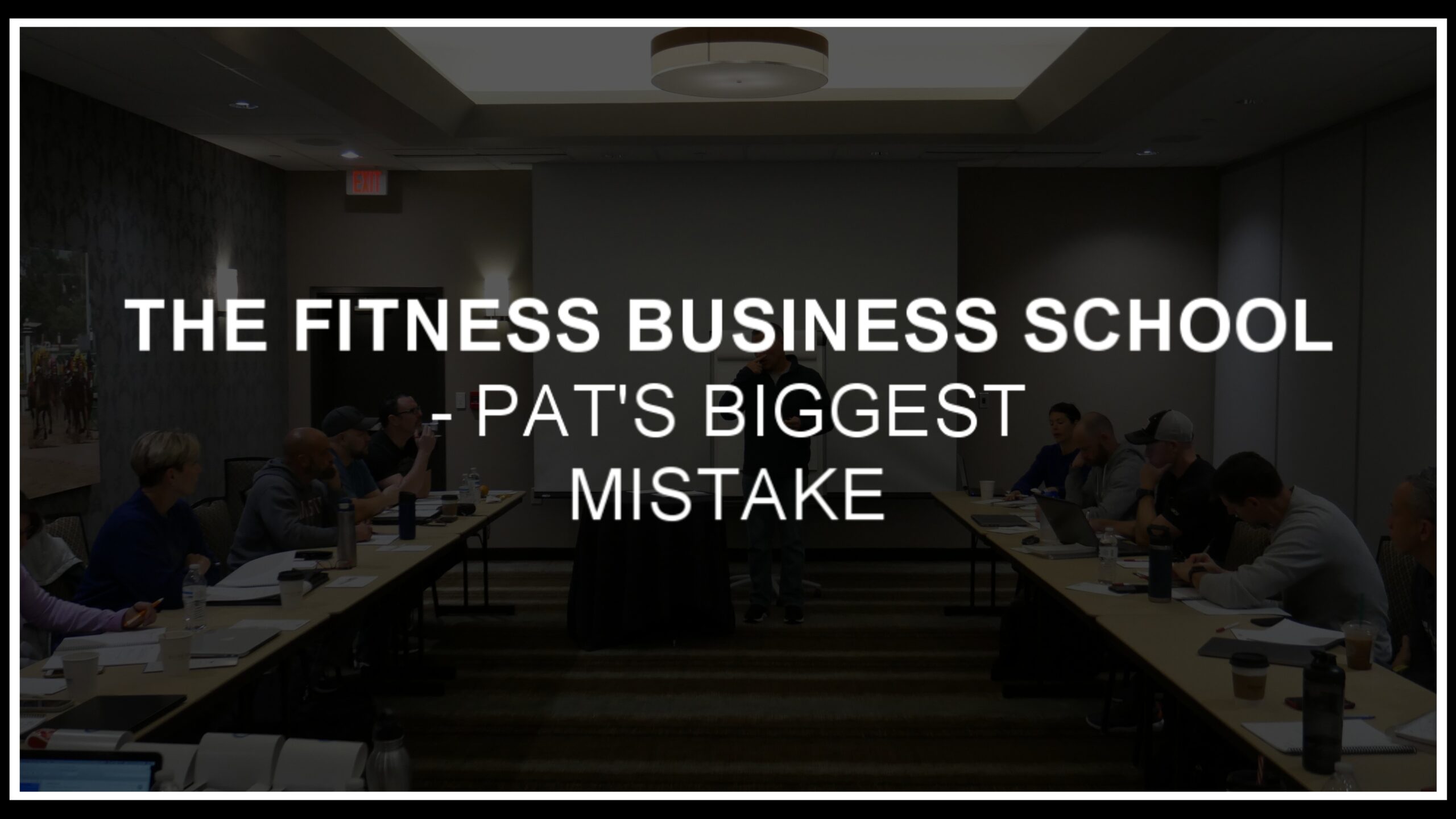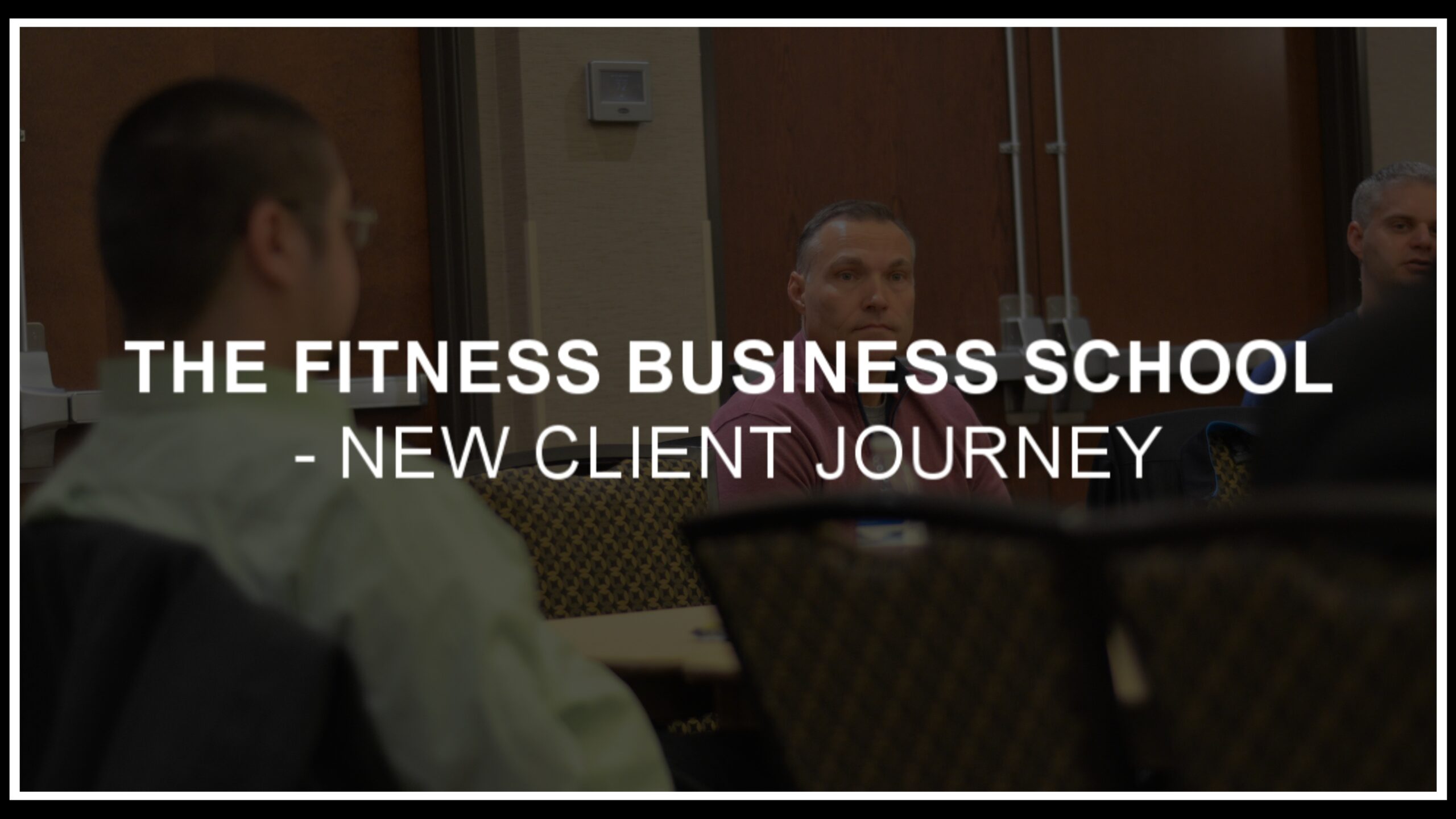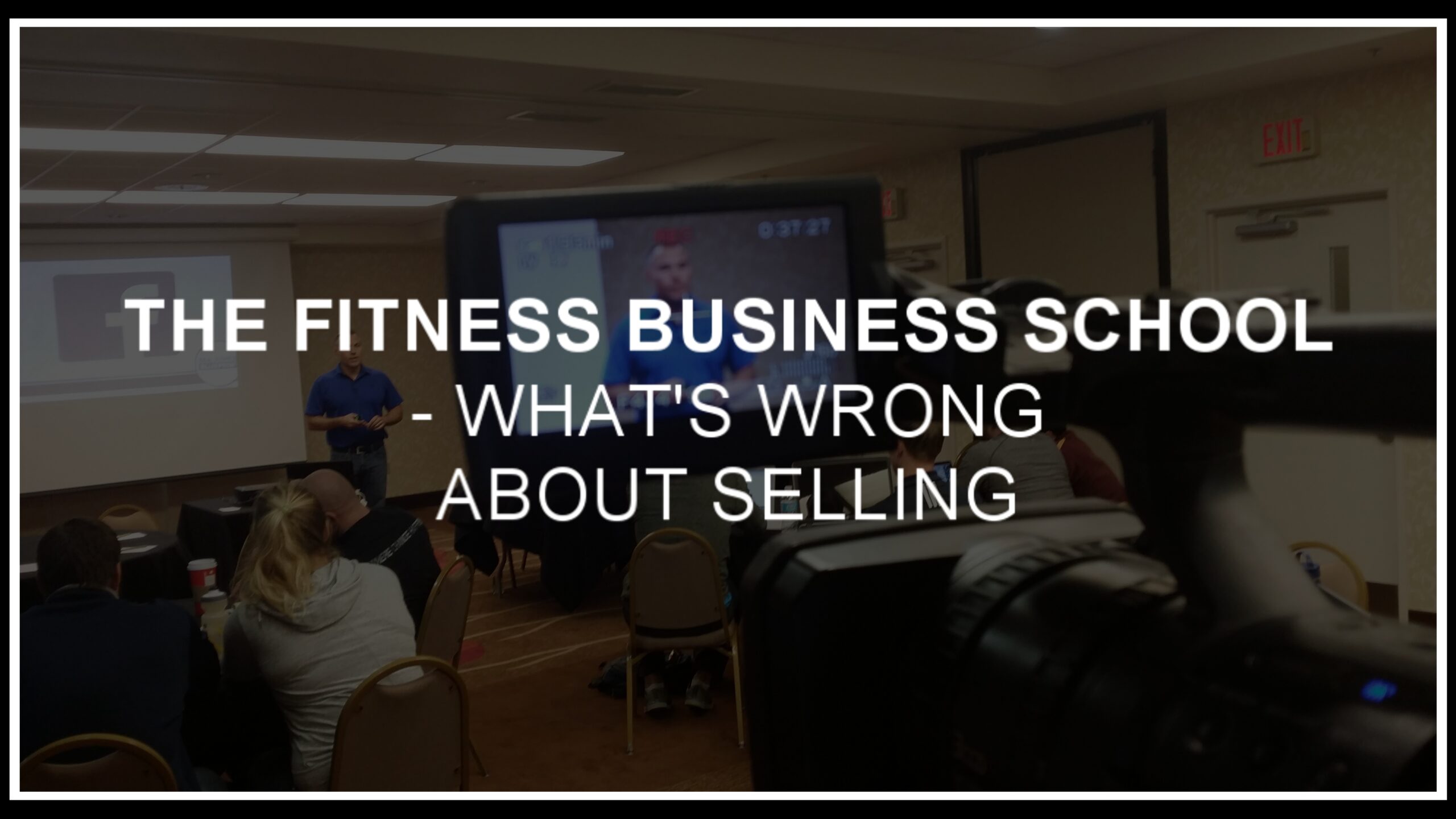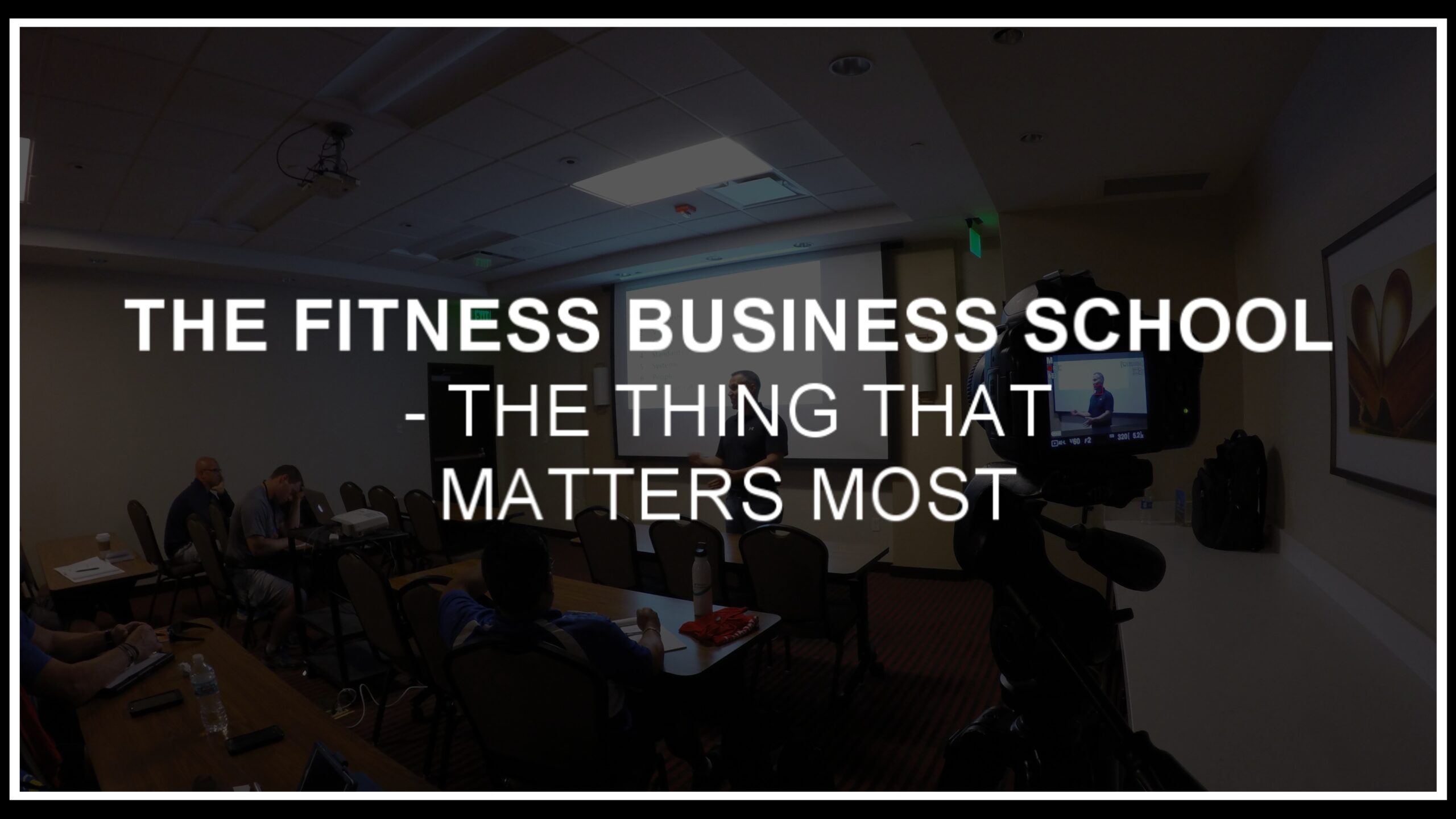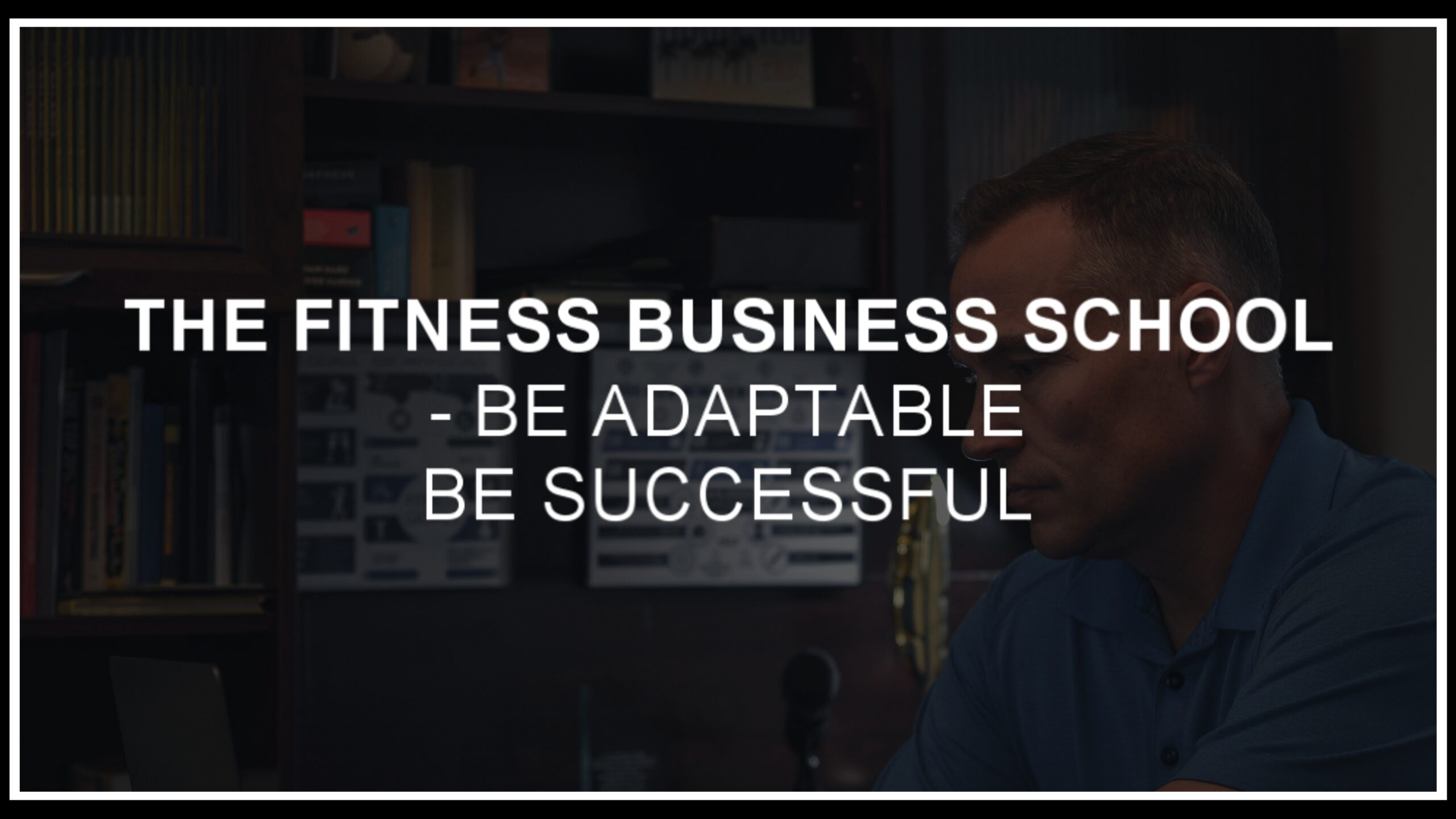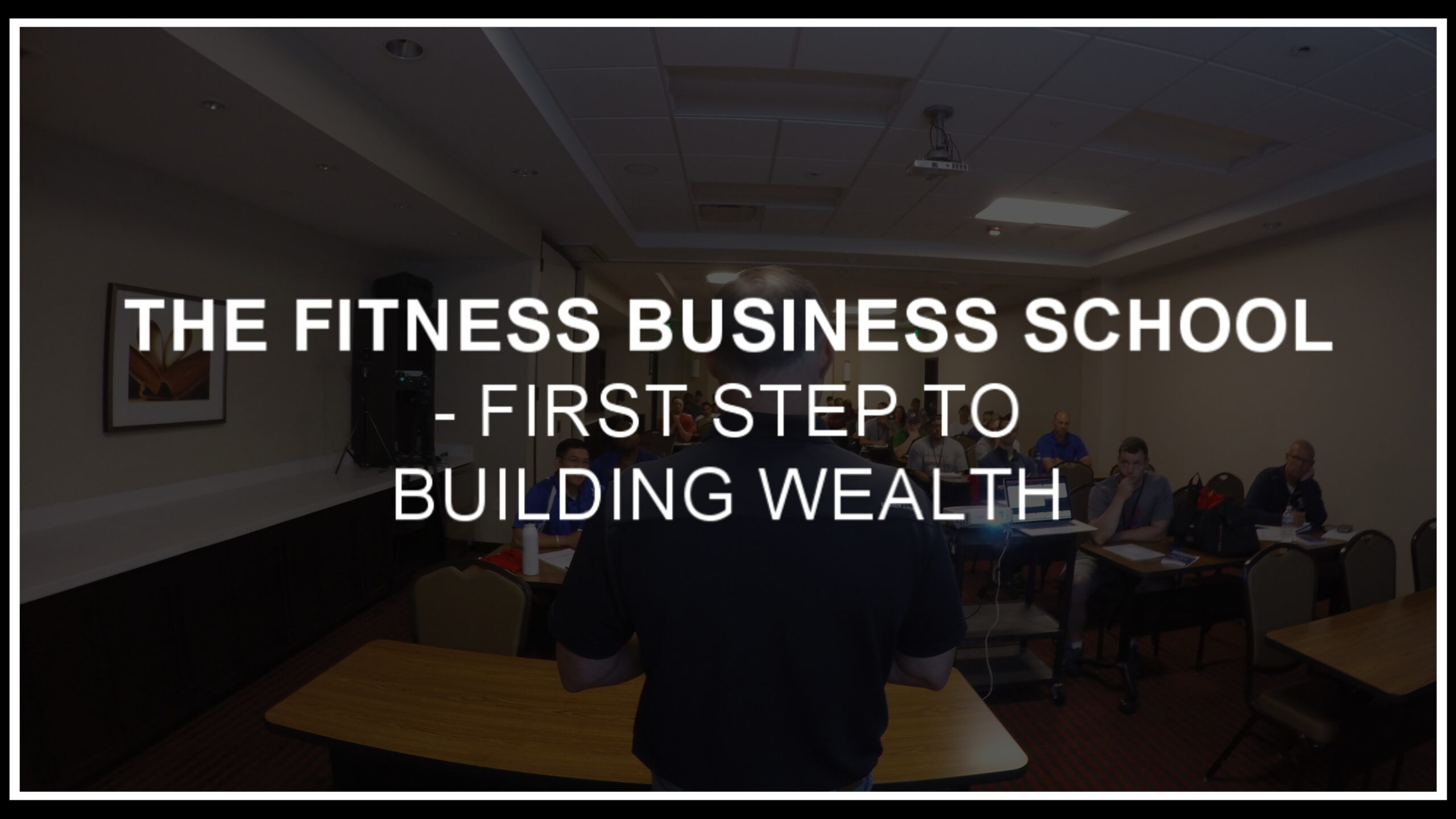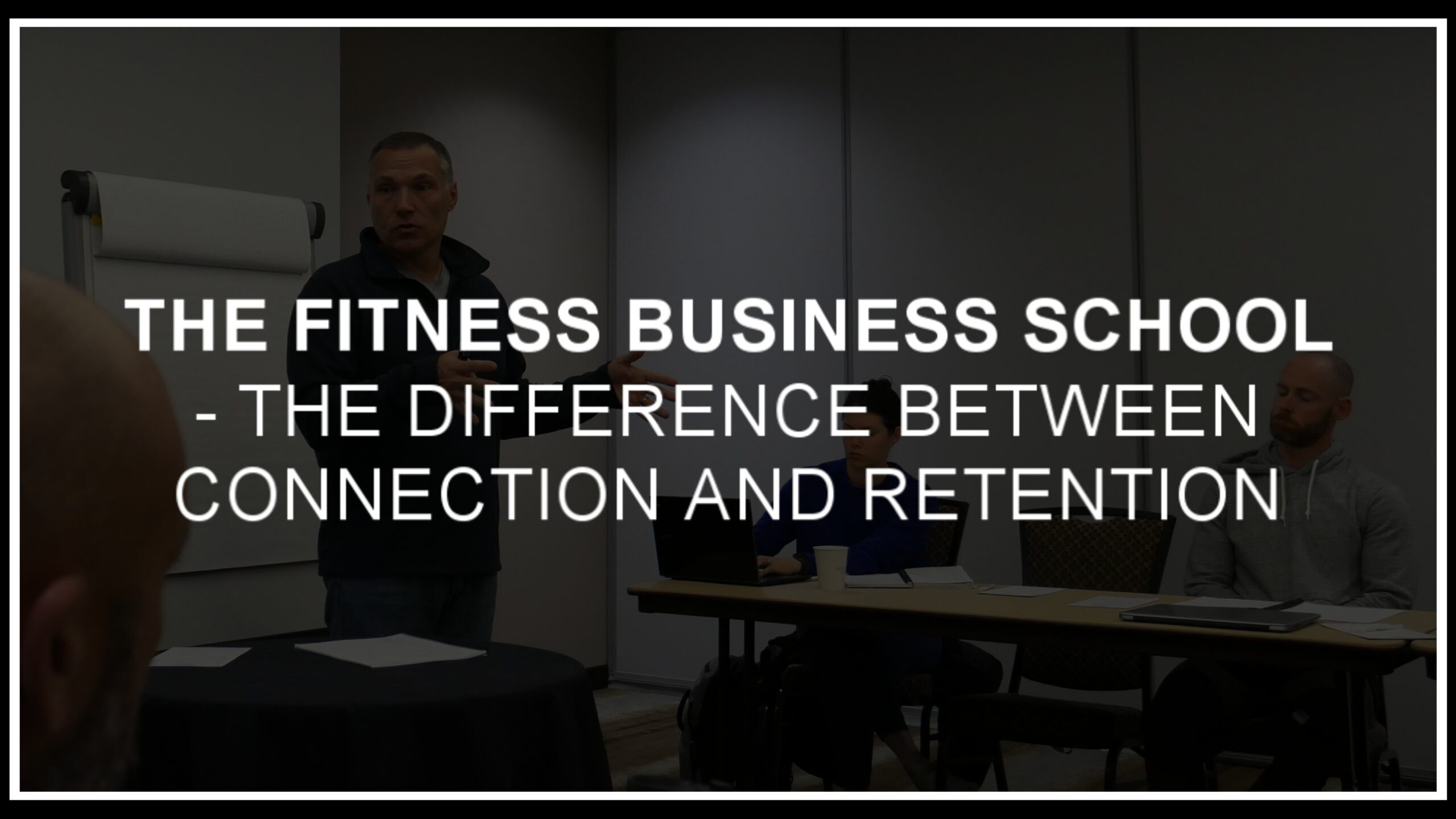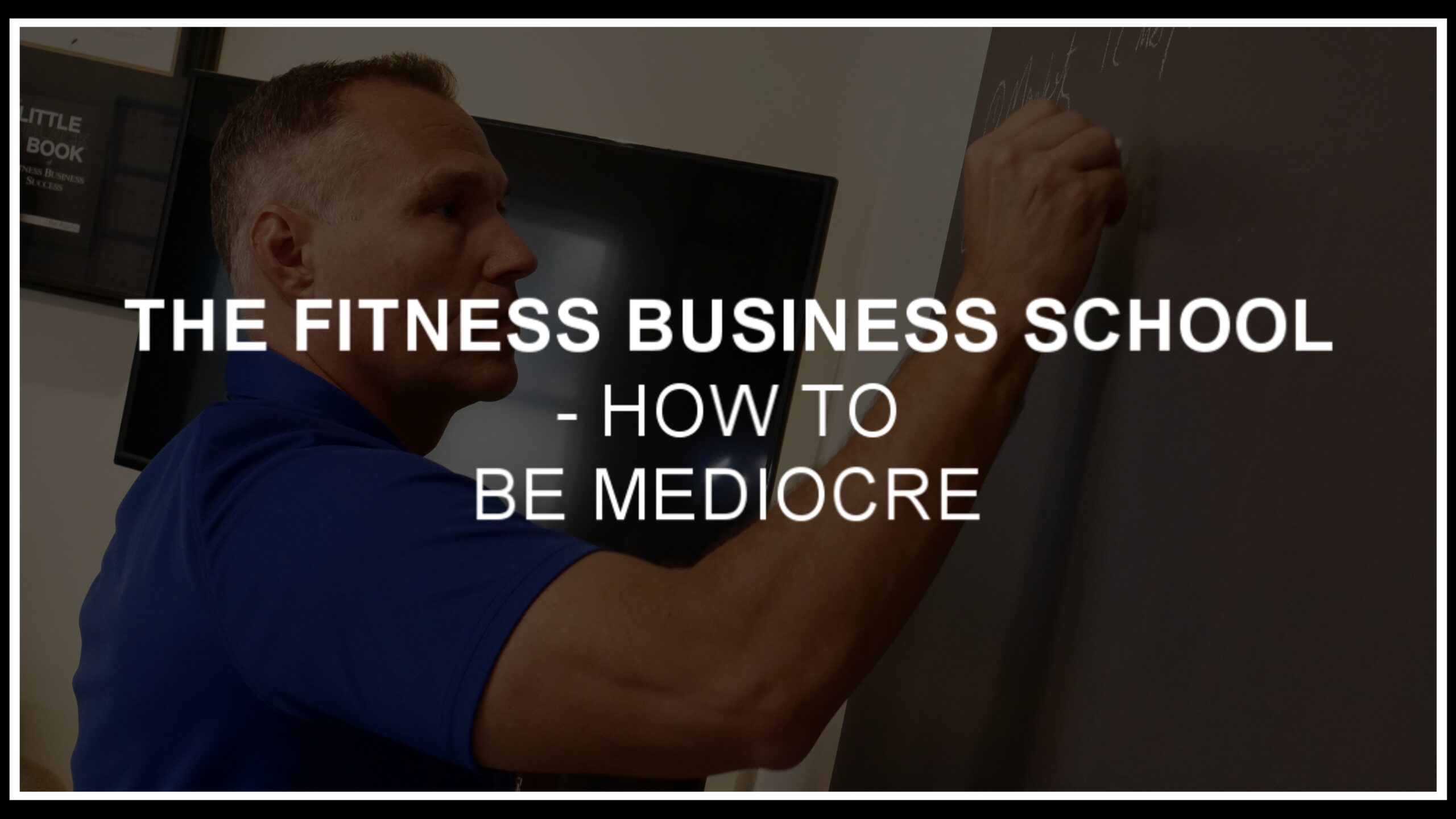Show Notes
- Pat really gets to know his clients
- He enjoys connecting with his audience
- The same traits the successful ones have has not changed
- They are planning their day
- Having control of your time is better than being “busy”
- Implement something – get feedback – retool – re-implement
- Being slow to implement puts you behind
- The people who do well are doers
- Being coachable/engaged gets you to your goal easier
- If you pay for help, actually use that help
- Don’t bury your head when you’re failing
- Take ownership of everything
- Your success depends on you – no buck passing
P.S. – 6-Weeks of Coaching…Free.
Get a surge of new clients and revenue over the next 6 Weeks with ZERO FEE and no obligation to continue?
If you’re a current business owner who wants to add 50K or more in annual revenue over the next 12 month, you can Test Drive our coaching program for 6 Weeks with no fee or even an obligation to continue as a way to demonstrate how we can help you grow your business.
No strings attached. No obligation. You get our best coaching & tools…and hopefully, you’ll love it enough that you want to keep working together.
Would you be interested in discussing?
If so, email me here with ‘interested’ in subject line and we’ll set up a chat.
Full Transcript
Hey, Pat Rigsby here. And in this episode, I want to talk with you about some of the things that I see that separate our most successful clients from the ones who struggle to get over the home. I’ve got four tips to give you. So let’s get to it.
Welcome to The Fitness Business School podcast – the show for fitness business owners who want to grow their income, increase their impact and improve their lifestyle. Be sure to listen til the end of this episode, because we have a brand new special offer exclusive for listeners. So stay tuned.
Currently we’ve got hundreds of people involved in, in our various coaching programs and what’s fun is I, I really feel like in spite of there being a decent number of people, we get to know the, the clients really, really well because we do, gosh, I, I think, you know, in, in just one coaching program about a dozens zooms a week we send out a Friday check in where people are asked to, to give an update on what’s working, what they need help with what they have planned for the upcoming week. And so, you know, it’s it, it’s a really kind of cool to, to connect with a high volume of people because you know, over the past, I guess about 17 years, I’ve coached thousands of people in one on one settings and semi-private settings and group settings. And, you know, what’s funny is the things that I, I see from our current clients who, who are dealing with obviously some, some challenging circumstances as far as lockdowns or restrictions or just consumer hesitancy, if you will. And, and a really landscape, I mean, still the same things that the ones who succeed are doing are, are, are the same things that the ones who were succeeding 10, 12, 15 years ago were doing.
And the same things that I see, the same traits that I see out of the people who struggle are the same ones that were then. I mean, so, you know, some things certainly changed the, the, the current landscape or circumstances changed. The, the tactics may evolve a little bit, but the fundamentals in the, the traits that it takes to be successful well, they, they don’t change so much. So what are the people who do well doing that? The people who struggle, maybe aren’t doing well, the first one is they, they plan their day. I mean, we send a planner to, to clients when they you know, graduate the test, drive part of our program and become a, a, a full ongoing member. They have access to printable planner stuff up until that point, because we know that I, if you are not planning and prioritizing your time, you’re just gonna be, and you’re never gonna get as much done as you would’ve liked to. You’re certainly never gonna be able to do it while mitigating some stress. So the people who do well are typically the people who control their time. And in many cases, maybe aren’t even quite as busy as the ones who struggle. And I think this also kind of holds true for those who are, are just kind of in launch mode. You know, the early stage business owners, the people who are just trying to launch an online business or open a facility, well, they, they plan their time.
Well, the ones who are successful plan their time well too, because if, if they don’t, they’re not going to make enough headway to gain traction, and they’re not gonna get the momentum they need to, to be motivated to stay the course. So planning, I, I think I is always kind of the, the first differentiator that I see the, to who, who will send me a check in and say, well, I’m kind of struggling. I’m gonna rut things. Aren’t going the way that I want. They’re, they’re rarely controlling their time very well. So that’s, that’s the first big differentiator. The second one is the people who, who succeed, the people who grow the, the, you know, the, the most successful clients that, that I get to work with. They’re all doers, right? They’re all implementing something, not everything that they implement works. Certainly not everything I implement works, but they are people who put something out there. See if it works, get some market feedback. If it doesn’t work, then they tweak it or replace it and redeploy it. The, the, the people who struggle seem to always find an excuse as to why they haven’t deployed something, why they haven’t done something, why they haven’t taken action.
And, you know, tho those people who are slow to implement or slow to execute are invariably, the ones who, who are saying, well, Hey, I didn’t generate enough new business. Well, you know, I mean, if you’re doing one or two things to generate business, and the other people are doing 10 or 12 things, then you’ve gotta be perfect. And that’s impossible. I mean, there’s no way to guess, right. All the time and deploy all the right things in all the right ways. That’s why we have to put things out, get market feedback, update, and, and refine to make sure we we’ve got the right message. We’ve got the right offer. We’re, we’re making the right moves to be successful. So a again, I mean, none of this is rocket science, right? But the, the people who do well are the doers. They’re the people who are, are fast to implement. They’re, they’re quick to execute.
Number three, the, the people who do well seem to be more engaged, they’re always coachable. They’re asking questions. You know, it’s not complain or whining or venting as much as it’s okay. I’ve got a problem. I’m a business owner, it’s my responsibility to solve it. So I know that, you know, more heads probably offer me a better likelihood of finding the right solution. So they’ll ask questions, not necessarily just to me, of all of our coaches of all their peers, they’re, they’re engaged. They, you know, they’ll, they’ll attend the, the live events or if you know, or, or the zooms they’ll schedule coaching calls the way they respond to things, not always going well, because I’ve yet to meet any business owner where things always went well, the way they respond to that is so dramatically different. The people that, that succeed are the people who say, well, that’s what I’m paying for. I I’m going to go get help. I’m paying for coaching, or I’m paying to be part of this community. So I’m gonna go get some assistance and some feedback to solve this problem faster and get back on track. And then the you know, the people who struggle, they, they almost do the exact opposite. They, they come at this with a, a really negative viewpoint. They, you know, or they bury their head in the sand and they say, well, Hey, I’ve gone missing in action. I’ve disappeared at the time they need the most help is the, the point where they that they lean on people. The least they’re happy to show up and be engaged when things are going well, when they can kinda share their wins and, and, and get a little bit of validation. But when they need help, which in my mind would be the time that you’re really kind of getting what you pay for.
They, you know, they go the opposite direction. They, they make excuses. They, they come up with lots of reasons for things not going the, the way that they want, other than saying, Hey, this is where I’m at. What can I do to get out of this place? And then that kind of leads me to the fourth one. The, the people who do well, take a really extreme level of ownership in everything, right? They, they want that personal responsibility. They look for the opportunity to take responsibility, maybe in places that, that goes beyond where they actually are responsible, but they know that, okay, if they take ownership of things, then they feel like they have control. They know that there are plenty of things that, that they do have control over that they can potentially improve on that they can kind of make the circumstances better. So they’ll look to themselves first. Okay. How do I fix this?
You know, the, a good example of this would be like, if somebody has an employee and that employee is not working out the way they wanted, the, the, the people that are really good, did I get to work with are, are looking at themselves saying, okay, what did I do during the hiring process or during the training process that didn’t set this person up to succeed? Maybe I didn’t bring the right person on because of my hiring process. Maybe I didn’t put them in a place to be successful in their job. Whereas the people who struggle are invariably saying, well, it’s this person’s fault. You know what, I, I didn’t do anything wrong. What, you know, I hired a person that that’s a train wreck and it’s on them. And you know, that, that could be the same thing with marketing. It could be the same thing with about anything that’s going on, right. With a client. And maybe, you know, maybe somebody leaving, not wanting to stick around, you know, the, the successful ones look for ways they could have done better. And the people who struggle are always quick to pass the buck.
So there are four things that I see that differentiate the people who do the best and the people who may not get the results that they want. Now, I think we all have fallen into that ladder trap at one point or another. And one of those four things ha has plagued us. But you know, the, the people who do well tend to be able to recognize it, they’re self aware. And they, they kind of course correct. And get back over on that other side of the fence. So if you see that maybe you’re not getting the results you want, look at those four areas and see, Hey, have I drifted into any of these form? Am I not taking ownership of my time? Am I not taking action as much as I should? Am I not asking for help? And am I not taking ownership of my situation? If any of those things are kinda rearing their head, it’s probably the root cause of what’s holding you back. So let’s fix those and build the business that you want.
Thanks for listening to this episode of The Fitness Business School. Before you go, I have a quick announcement. When I first connect with a fitness business owners, they almost always asked me, how can I get more clients or make more money? Well, I have an exclusive offer for you, and it’s gonna help you do just that. As a listener of this show, you can test drive our business growth accelerator coaching program for FREE.
BGA is a one of a kind program where you get done-for-you marketing tools and a level of coaching that is unmatched in our industry to help you attract more qualified prospects and convert them into paying clients, ultimately making you more revenue and personal income.
Imagine having every tool template ads, script you need all proven to convert in, ready to use. Plus you have access to over 10 weekly live video coaching sessions to help you with everything from dialing in your ads, to mastering your mindset. You get all of this and more when you joined BGA and to help you succeed, I’m going to do something I’ve never done before. I’m going to let you test drive BGA at zero cost.
If it delivers for you in the way that I expect – it more than it pays for itself, and you’ll probably want to stay. If not, you’re out nothing and have a library of proven tools and resources to keep.
To take advantage of this special offer. Just email me [email protected] and put test drive in the subject line, and I’ll get you all the details.


